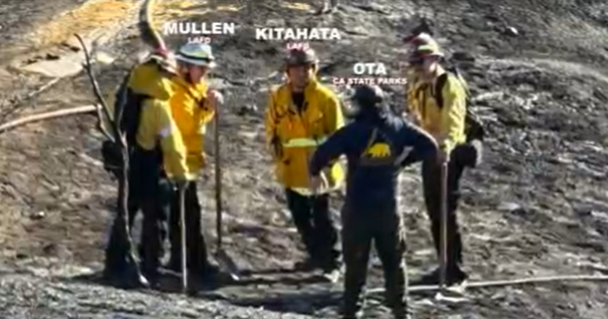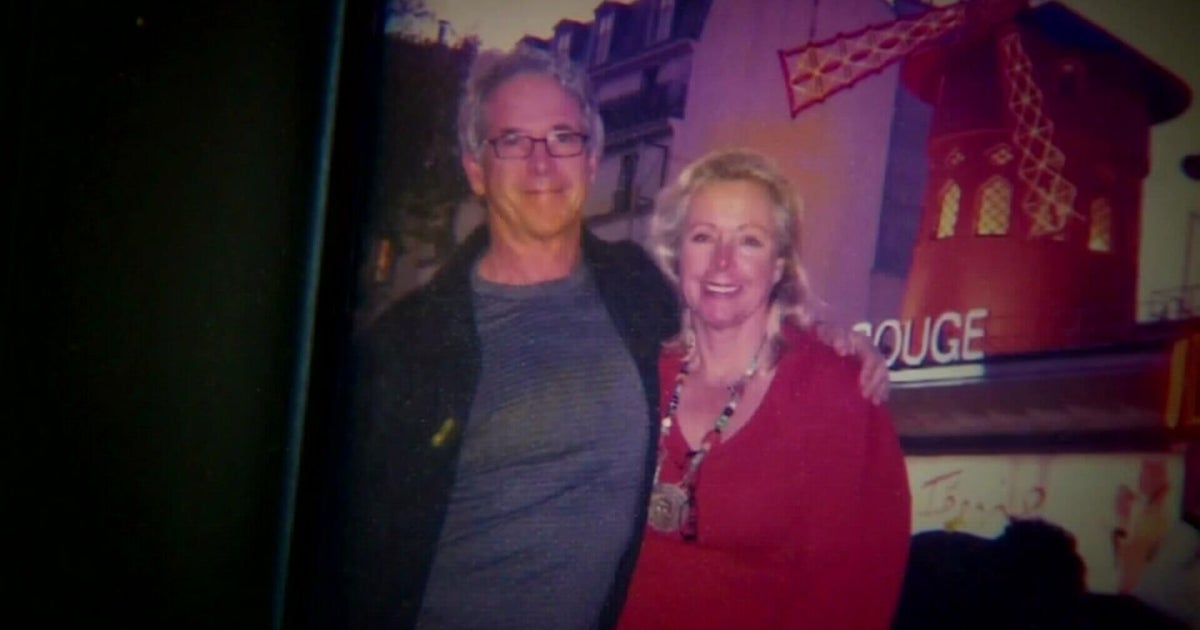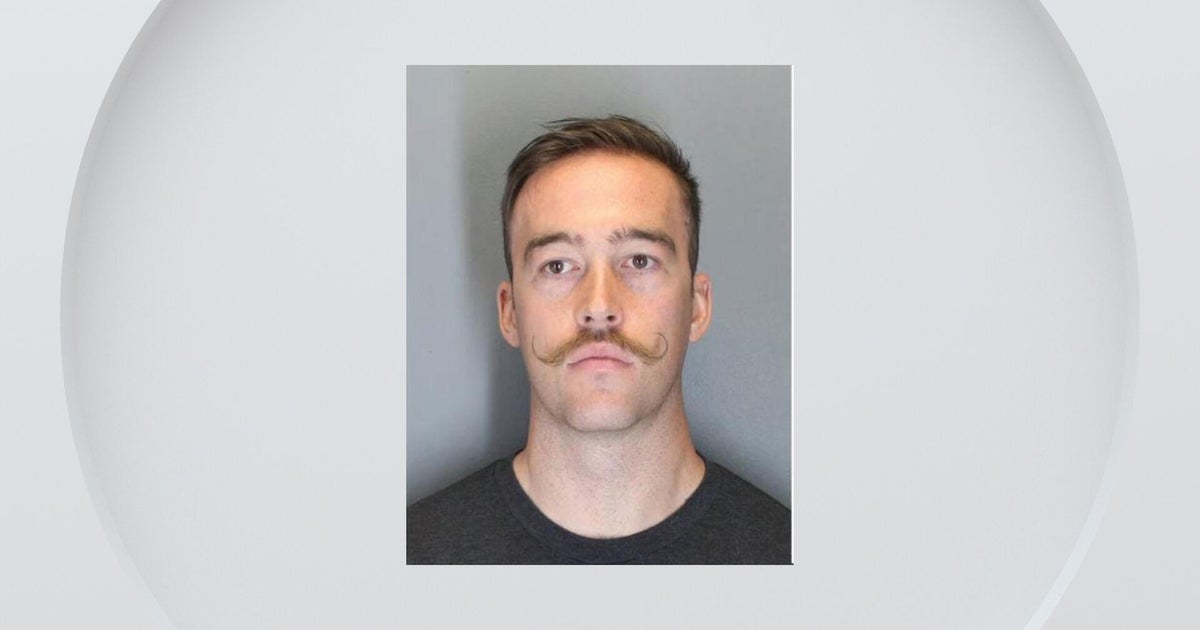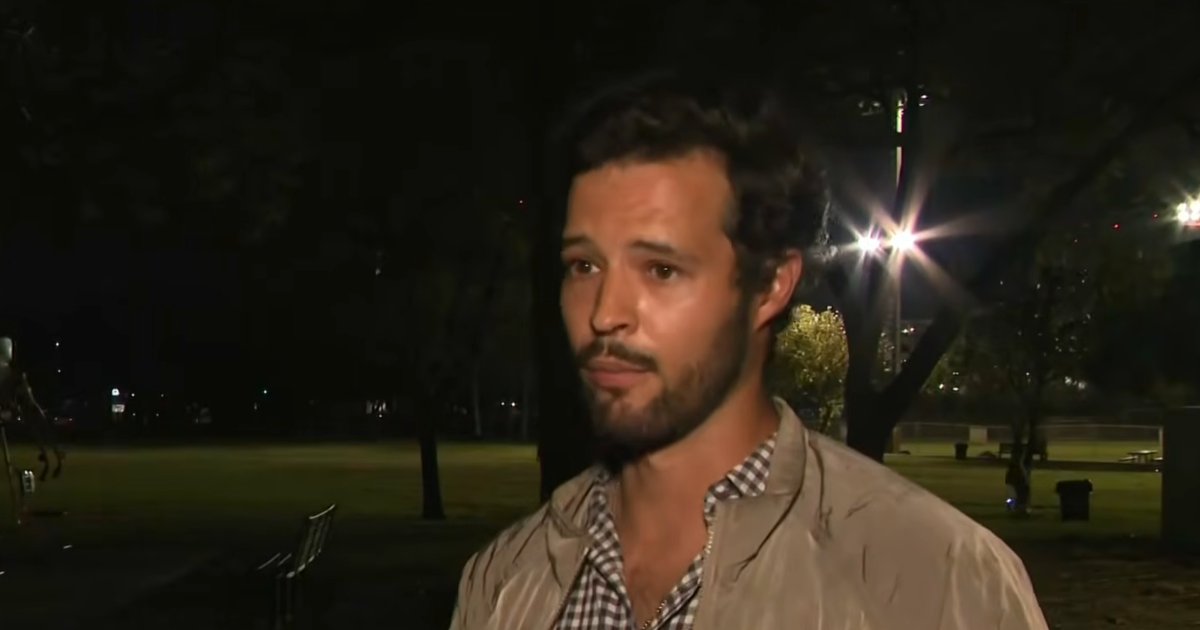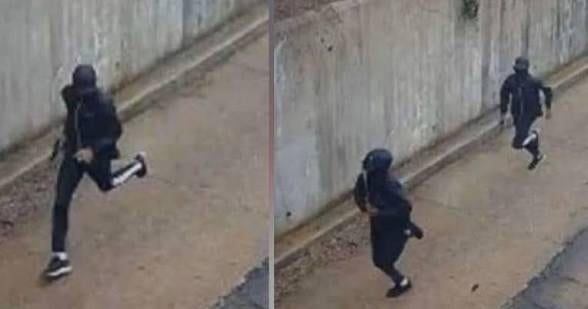Former Tsarnaev Brother-In-Law Testifies From Kazakhstan
BOSTON (AP) — A former brother-in-law of Boston Marathon bomber Dzhokhar Tsarnaev testified Wednesday from Kazakhstan about the role of a conservative Muslim convert who steered Tsarnaev's older brother toward a stricter version of Islam.
Elmirza Khozhugov, the former husband of Tsarnaev's sister Ailina Tsarnaeva, testified on live video for the defense from Almaty, the largest city in Kazakhstan. The Tsarnaev family —ethnic Chechens — lived in the Dagestan region of Russia and in the former Soviet republic of Kyrgyzstan before moving to the U.S. when Dzhokhar was 8.
A federal jury will soon decide whether Dzhokhar, now 21, should be executed or sentenced to life in prison for the 2013 bombings that killed three people and wounded more than 260.
The defense is trying to show that Dzhokhar was heavily influenced by his radicalized 26-year-old brother, Tamerlan, whom they call the mastermind of the plot. Tamerlan was killed days after the bombing during a getaway attempt.
Khozhugov said the Muslim convert named Misha often visited the Tsarnaev apartment in Cambridge, Massachusetts, to talk to Tamerlan about Islam.
"I wouldn't call it formally a lesson, but he was teaching him and suggesting books to read ... expressing his own views about that faith to Tamerlan," Khozhugov said.
He said Tamerlan told him he quit boxing, stopped taking acting classes, and stopped playing and listening to music after Misha said those things were not appropriate in Islam.
Khozhugov also described the close-knit relationship between the brothers. He said Tamerlan often couldn't find the words to express how much he loved Dzhokhar and how he was willing to do anything to help Dzhokhar succeed.
Dzhokhar, in return, adored Tamerlan, Khozhugov said.
"He listened to Tamerlan. He went along any time Tamerlan would say, 'Let's go do this and that,'" Khozhugov said.
Tsarnaev's lawyers told the jury that the oldest brother in Chechen families traditionally takes on the role of decision-maker if the father is incapacitated. A psychiatrist testified Tuesday that he diagnosed Anzor Tsarnaev with post-traumatic stress disorder in 2003 and that he also suffered from a variety of physical ailments.
"There is a saying we have in Chechnya. ... 'In a family with seven sons, it is better to be a dog than the younger son,'" Khozhugov said.
The defense also tried to diffuse an image of Tsarnaev giving the middle finger to a camera in his holding cell the day he was arraigned in the bombing. Prosecutors showed a still photo of the image, saying it showed he was unrepentant about the bombings. Tsarnaev's lawyers have said it was simply an immature gesture.
Deputy U.S. Marshal Kevin Roche testified Tsarnaev apologized when he and his supervisor went to talk to him afterward.
"We asked if he was going to continue to be a problem. He said, 'No, I'm done. I'm sorry, "' Roche said.
The defense also called a retired federal prison warden and prison consultant who described communications restrictions Tsarnaev would likely have if he is sent to the federal Supermax prison in Florence, Colorado.
Under the measures, Tsarnaev's mail, phone calls and visitors would be limited to immediate family members who are approved by the FBI. Calls would be recorded and monitored, and his mail would be read.
During cross-examination by a prosecutor, Bezy said the special restrictions would lapse unless the U.S. attorney general renews them on annual basis. He also said the restrictions can be eased over time.
Dr. Jay Giedd, an expert in adolescent brain development, also testified Wednesday as Tsarnaev's lawyers try to convince the jury that his age at the time of the bombings — 19 — is a mitigating factor.
Giedd said the part of the brain associated with impulse control and long-range planning can continue to develop until age 25 to 30.
"Teens are more likely to choose the smaller, sooner reward, less worried about longer-term consequences," he said.
Giedd acknowledged that there are huge variations in brain development, with some teenagers being very future-thinking and some middle-aged people remaining impulsive.
During cross-examination by prosecutor Nadine Pellegrini, Giedd acknowledged that children even younger than teenagers can understand consequences.
"Even under age 10, they can do quite well with planning and consequences," he said.
Copyright 2015 The Associated Press. All rights reserved. This material may not be published, broadcast, rewritten or redistributed.
